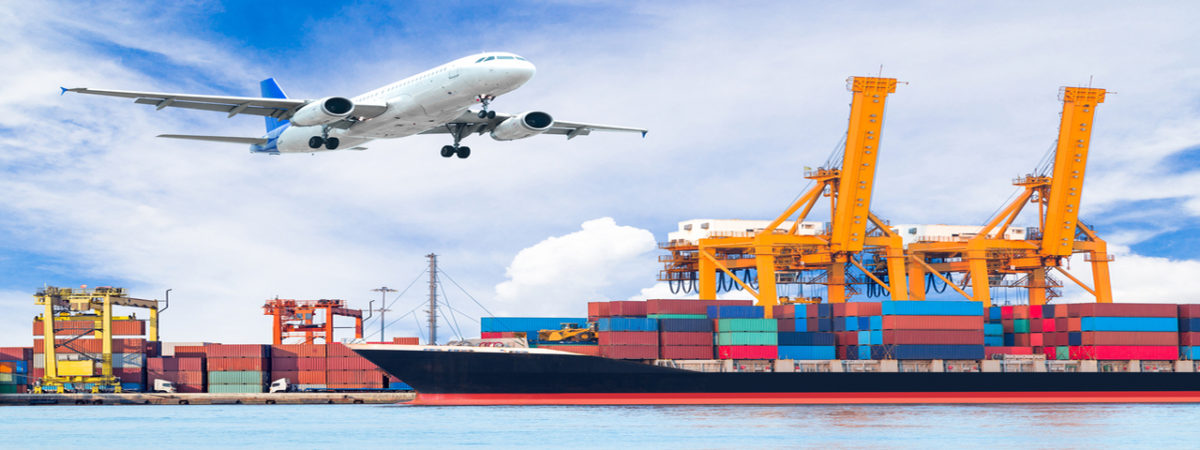What happened to poverty in Scotland?
SUGGESTED



This is a very brief report which updates earlier findings by the Institute, so it does not pretend to provide a comprehensive picture. Still, one wonders why it does not mention what it actually means to be poor in Scotland today and what it meant ten years ago.
In terms of combating poverty, Scotland appears to have improved its relative standing in the UK. But strangely, absolute figures do not seem to say the same. Within the poorest fifth of the UK, the share of those who lack either a freezer or a washing machine or both has dropped by a third since 1999. In Scotland specifically, that share was lower to begin with but has not fallen that much since then.
The picture is therefore confusing: across the UK as a whole, relative poverty has not fallen very much, but at the bottom access to essential goods has improved considerably. In Scotland, relative poverty appears to have fallen by much more, but for some reason this has not been reflected in consumption patterns.
Measures of relative poverty are, of course, highly questionable. They assert that people assess their own situation exclusively by comparing themselves to the average of the society in which they live, when in reality individuals may use a variety of benchmarks.
When regional analyses of relative poverty are undertaken using national average figures, it is important to be aware of such flaws. The poverty threshold for Scotland is set at 60% of the UK’s median income, measured at average UK prices. Scottish poverty rates are therefore affected by income and price changes in the South East of England, which may or may not be relevant to the situation in Scotland. Indeed, recent research shows that regional poverty rates change considerably when regional price levels are used. The report’s findings may therefore tell us very little about what has really happened to poverty in Scotland during the last decade.
8 thoughts on “What happened to poverty in Scotland?”
Comments are closed.





Poverty is a state when a person cannot have what the others can – this fits to what you tell about Scottish poor and the benchmarks. Regarding your article I feel that you have to sharp out the point: conclusion seems missing.
Poverty is a state when a person cannot have what the others can – this fits to what you tell about Scottish poor and the benchmarks. Regarding your article I feel that you have to sharp out the point: conclusion seems missing.
Hi R.T.,
‘Poverty is a state when a person cannot have what the others can.’
Who are ‘the others’?
Hi R.T.,
‘Poverty is a state when a person cannot have what the others can.’
Who are ‘the others’?
Rich and richer.
Rich and richer.
So the poverty count is: the world population minus Bill Gates. Is that the Dalimov-Index?
So the poverty count is: the world population minus Bill Gates. Is that the Dalimov-Index?